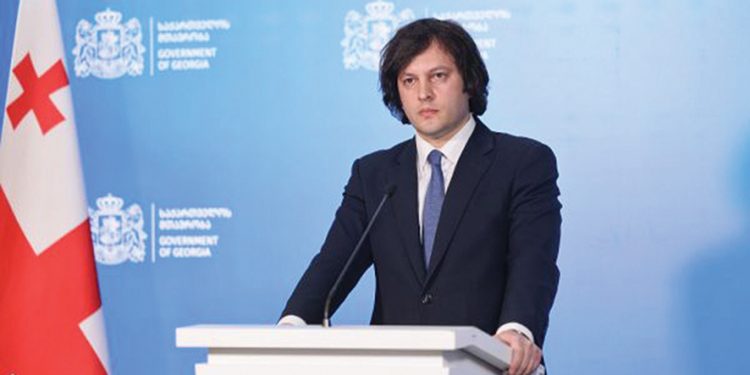On May 28th, amidst protests and political tension, the ruling Georgian Dream majority made a decisive move, overriding the president’s veto on the Transparency Law, also known as the “foreign agents law.” This legislative maneuver has left many pondering the future implications for the country’s civil society and international relations.
Understanding the law
The Transparency Law, as an independent piece of legislation, aims to address concerns regarding foreign influence within Georgia’s media and non-governmental sectors. At its core, the law mandates that organizations receiving over 20% of their funding from abroad must register as “organizations acting in the interest of a foreign power.” Non-commercial legal entities, including non-profit organizations, foundations, and NGOs, are among the primary entities affected by the law. Those receiving a substantial portion of their funding from foreign sources will be required to register and disclose relevant information. The registration process will entail stringent audits and financial declarations, overseen by the National Agency of Public Registry of the Ministry of Justice of Georgia.
The law defines organizations representing foreign interests as “non-profit entities that receive a substantial portion of their funding from foreign sources.” This definition excludes state organizations, but encompasses broadcasters and print media, including online platforms. Additionally, indirect contributions from foreign powers are considered within the scope of disclosure requirements.
Identification of foreign powers
Foreign powers are broadly categorized as “nations other than the host country,” encompassing a range of entities such as individuals and organizations operating beyond national borders. This definition implies that all entities with foreign affiliations, regardless of their legal status or geographical location, fall within the scope of assessment.
Foreign governments, as well as people who aren’t from Georgia, are considered foreign powers. Businesses and organizations outside the country are also considered within this definition, including companies, groups, and foundations.
The Registration Process and Enforcement Measures
Within this framework, organizations and other relevant bodies aiming to establish or maintain their legal standing must submit applications to the public register, furnishing comprehensive details regarding their finances and objectives. Registration is not a one-time obligation, but an ongoing requirement.
Registered organizations must submit annual financial declarations to the agency, detailing their financial activities for the preceding year. Non-compliance with this requirement may result in fines or deregistration. The law includes provisions for enforcement, and penalties to ensure compliance. Failure to register or provide financial declarations within specified timeframes can result in fines, with penalties ranging from 10,000 to 25,000 GEL, depending on the severity and recurrence of the violation, with a maximum time limit for prosecuting administrative offenses set at six years.
Challenges and Controversies
The passage of the Transparency Law has not occurred in isolation, but against a backdrop of political turmoil and societal unrest. The characterization of the law, being akin to Russian legislation, has fueled public outrage and galvanized opposition forces. Critics argue that it undermines Georgia’s democratic credentials and erodes trust in its institutions.
The proponents of the law argue that it is a necessary measure to safeguard against undue foreign interference and ensure transparency in the flow of funds to NGOs and media outlets. However, critics have been ringing alarm bells, labeling it as a tool to suppress dissent and stifle political opposition, particularly in the lead-up to the parliamentary elections in October. Critically analyzing the Transparency Law unveils a complex web of legal, ethical, and human rights considerations. The law’s requirement for public reporting of foreign donations and registration of organizations raises concerns regarding the infringement of fundamental rights, including freedom of association, expression, and privacy.
Under international human rights instruments and Georgia’s own constitution, restrictions on these rights are permissible only under strict conditions of legality, legitimacy, and necessity/proportionality. The law must have a clear legal basis, pursue legitimate aims, and demonstrate necessity in a democratic society. Furthermore, any restrictive measures must not be discriminatory in nature or effect.
President Zurabishvili Proposes Referendum amid Protests
When President Salome Zurabishvili addressed the opponents of the law on the night of May 28, she proposed a referendum to clearly determine the will of the Georgian people regarding their future trajectory: A European future, or what she terms “Russian slavery.” The president emphasized the need for citizen engagement, urging the collection of signatures to initiate the referendum process. She affirmed her readiness to sign the referendum, highlighting the importance of collective decision-making in shaping the country’s path forward.
In response to the protests, President Zurabishvili reiterated her solidarity with the citizens gathered on Rustaveli Avenue, and emphasized the distinction between friends and enemies of the country. She pledged her support to the Georgian people, affirming her presence alongside them in their pursuit of national interests.
By Kesaria Katcharava














